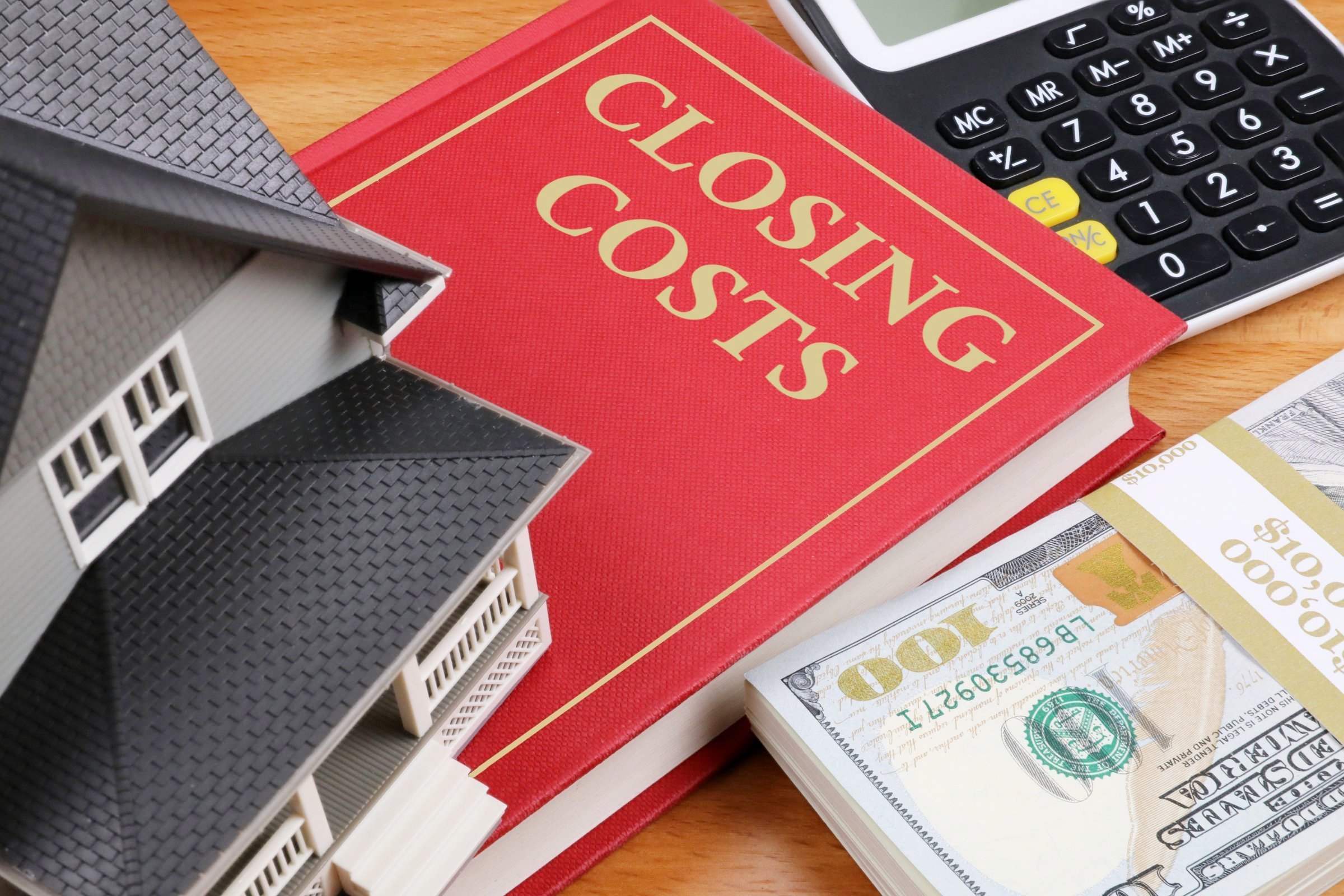
- calendar_month July 7, 2023
- folder Buyer
When purchasing a new home, it's important to be aware of the various expenses involved in the process. Real estate closing costs are a crucial part of buying a property, and understanding their breakdown can help you prepare financially. Let’s explore the different components that make up closing costs, empowering you to make informed decisions and avoid any unexpected financial surprises.
- Loan-related Costs: One significant portion of closing costs is directly associated with your mortgage loan. These expenses typically include: a. Loan Origination Fees: Lenders charge this fee for processing your loan application and usually amount to 0.5% to 1% of the loan amount. b. Appraisal Fees: Before approving the mortgage, lenders require an appraisal to determine the property's market value. This fee covers the cost of the appraisal. c. Credit Report Fees: Lenders pull your credit report to assess your creditworthiness. They may charge a fee for obtaining this information. d. Mortgage Points: Points represent prepaid interest, with one point equal to 1% of the loan amount. You may choose to pay points to lower your mortgage interest rate.
- Title-related Costs: Title-related expenses ensure that the property you're purchasing has a clear and marketable title. These costs include: a. Title Search: A thorough examination of public records is conducted to verify the property's ownership history and identify any potential liens or claims. b. Title Insurance: This policy protects both the lender and the buyer in case any undiscovered issues arise with the property's title. c. Title Fees: Various fees are associated with the title transfer, title insurance, and recording the new deed.
- Escrow Fees: Escrow fees are charges for the services provided by a neutral third party who oversees the closing process and ensures that all funds are distributed correctly. These fees cover the escrow agent's time and expertise.
- Government Taxes and Fees: Certain taxes and fees are required by government entities and are typically part of the closing costs. These may include: a. Property Taxes: Depending on the closing date and the property's tax assessment, you might need to reimburse the seller for prepaid property taxes. b. Transfer Taxes: Some states or local governments impose taxes on the transfer of property ownership. c. Recording Fees: When the sale is complete, the new deed must be recorded with the appropriate government office. A fee is charged for this service.
- Miscellaneous Costs: There are several additional expenses that can vary depending on your location and circumstances. These may include: a. Home Inspection Fees: Though not always mandatory, a home inspection can uncover potential issues, and inspectors charge a fee for their services. b. Survey Fees: If a property survey is necessary to determine boundaries and confirm the property lines, you may incur survey fees. c. Attorney Fees: In some states, it is customary to have an attorney involved in the closing process, and their fees may be included in the closing costs.
Understanding the breakdown of real estate closing costs is essential for home buyers to be financially prepared when purchasing a property. By familiarizing yourself with the different components of closing costs, you can budget accordingly and avoid any last-minute financial surprises. Remember to consult with your real estate agent or mortgage lender to get a detailed estimate of the closing costs specific to your situation. Armed with this knowledge, you'll be better equipped to navigate the closing process confidently and enjoy your new home.
